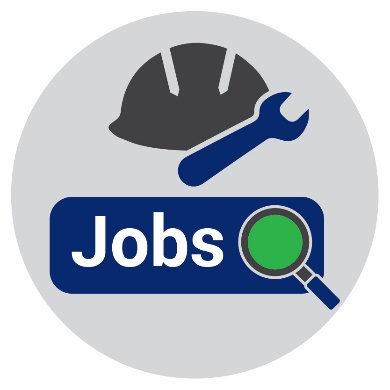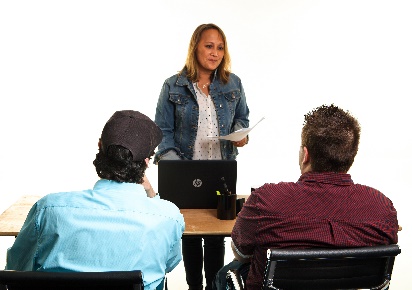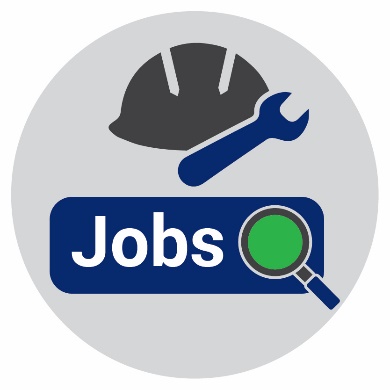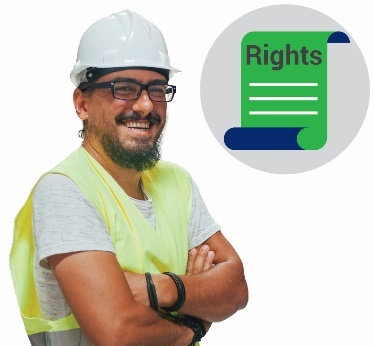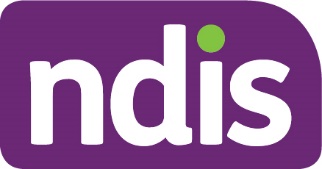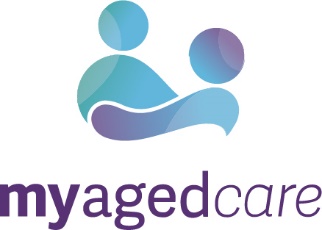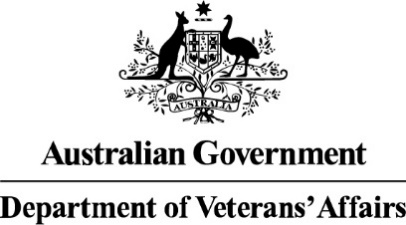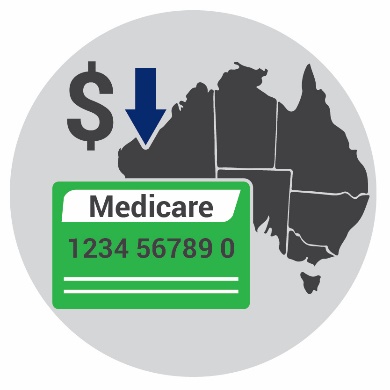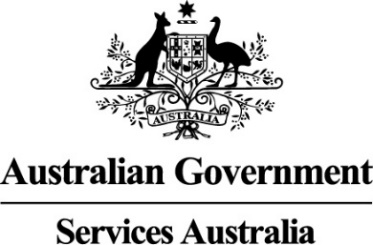Key National Supports
You can also find information about the main types of support available in Australia. These are:
National Disability Insurance Scheme (NDIS), if you or someone you care for has disability
My Aged Care, if you or someone you care for is older
Department of Veterans’ Affairs, if you or someone you care for is a veteran
Carer Gateway, for people caring for someone with disability, a medical condition, mental illness or frail aged.
Australian Government, The Australian Government offers various support to families effected by the rising cost of living.
Services Australia, for Medicare / Centrelink / Child Support Services.
Head to Health can help you find mental health and wellbeing resources, for yourself or for someone you care about.
National Redress Scheme helps people access redress and can connect them to free confidential Redress Support Services.

